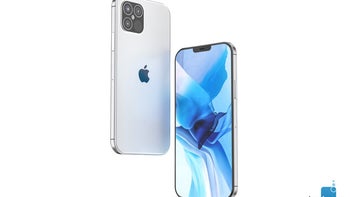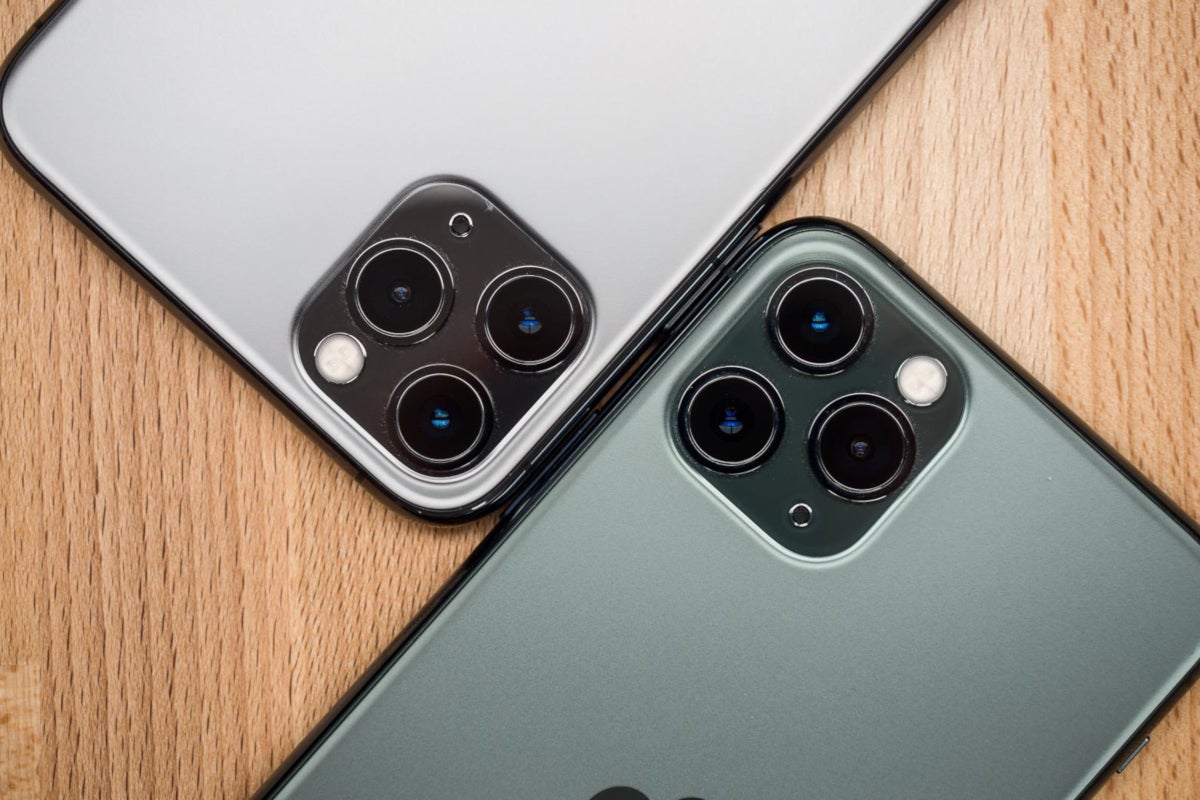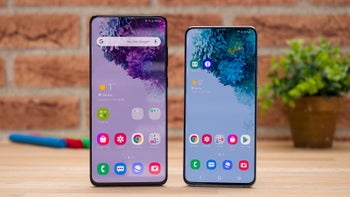Top analyst says Apple will use cheaper iPhone battery technology to offset cost of adding 5G

Last year Apple surprised many by beefing up the capacities of the batteries used with the iPhone 11 line. For example, the top-of-the-line iPhone 11 Pro Max lasts up to 5 hours more than the 2018's iPhone XS Max according to Apple. As a result, even power users can make it through the day with enough juice left to stream some of their favorite content at night. While some iPhone users are looking forward to seeing their handset run faster over 5G, they are also concerned about the battery life of the new models. 5G connectivity consumes more battery life than a 4G LTE connection.
To keep iPhone prices from rising in the 5G era, Apple is changing up the battery technology in the new models
Rumors about the battery capacity of the four expected 2020 iPhone 12 models have not given anyone comfort since it would appear that Apple is going to be downsizing the batteries used to power up this year's phones. Apple could be counting on the improvement in energy consumption expected with the 76% hike in the number of transistors (to 15 billion) that will be employed by the new 5nm A14 Bionic chipset. However, a new report issued by TF International analyst Ming-Chi Kuo contains some interesting news.

The Apple iPhone 11 Pro Max has the best battery life of any iPhone ever made
Kuo, whose office should have a flashing neon sign on the door that says, "When it comes to Apple I see all and know all," told clients in a report today that the tech giant is making changes to the iPhone's battery technology. According to AppleInsider, Kuo's missive says that Apple will cut costs by using cheaper and less technologically complex battery technology for the 2020 iPhone 12 series, the 2021 iPhone 12S series, and the AirPods 3. More precisely, Kuo says that Apple could cut 40% to 50% off of the average unit cost of the batteries needed for this year's handsets. This would be accomplished by reducing the number of rigid-flex battery board layers and squeezing active cell components into a smaller area. For 2021's iPhone 12S family, Kuo expects Apple to replace the rigid-flex boards with a "flexible architecture" that would result in a 30% to 40% decline in battery unit costs.
The analyst says that Apple is making the change in order to help cover the additional costs of building 5G support into the iPhone. Upgrading an iPhone to receive sub-6GHz 5G signals costs Apple an extra $75 to $85 per unit Kuo says; adding the components necessary for the device to connect with super zippy mmWave 5G spectrum tacks on an additional $125 to $135 to the costs of building the product. The overall effect of changing the battery technology money-wise will be to keep pricing stable as the iPhone moves into the 5G era.
Based on regulatory filings, the iPhone 12 could sport a 2227mAh battery (compared to 3110mAh for the iPhone 11), the iPhone 12 Max could be endowed with a 2775mAh battery (compared to 3190mAh for the iPhone 11 Pro), and the iPhone 12 Pro Max could be powered by a 3687mAh battery (compared to the 3969mAh battery in the iPhone 11 Pro Max). It now appears that Apple will not include a 120Hz refresh rate on the 2020 iPhones as originally rumored. This could have been done to keep the batteries from prematurely draining on the new phones since updating the screen 120 times a second consumes plenty of battery power.
Apple will also drop the second-generation battery technology it employs on the wireless Bluetooth AirPods, according to Kuo. He says that the current AirPods battery system, which relies on a printed circuit board (PCB), will be replaced by a system-in-package (SiP) design starting with the third-gen AirPods. SiP uses a number of integrated circuits placed inside one or more chips to replace entire systems. The next generation of AirPods is expected to drop in the first half of next year. The new battery system will drop the average unit cost of the wearable in-ear accessory by 25% to 35% starting in the second half of this year.













Things that are NOT allowed: